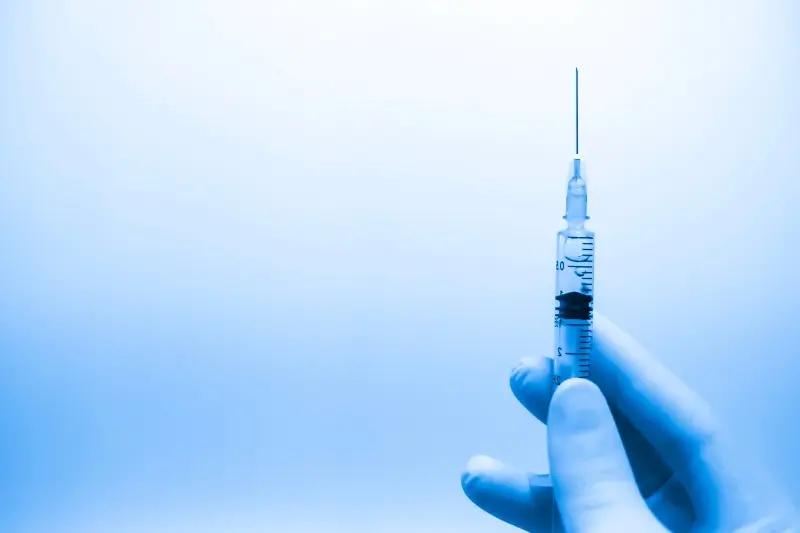Receiving Flu, Measles Vaccination Also Lowers Risk of COVID-19 Infection
Heterologous vaccine intervention (HVI), receiving immune-boosting vaccinations other than a COVID-19 shot, may alleviate COVID-19 case burdens.

The COVID-19 vaccines currently approved are highly effective at preventing severe or fatal disease. However, research published yesterday suggests that heterologous vaccine intervention (HVI) can help reduce the risk of COVID-19 infection.
The study, conducted by Weill Cornell Medicine and the University of Oxford and published in Proceedings of the National Academy of Sciences, found that general immune-boosting vaccination offers cross-protection against numerous pathogens.
The investigators utilized a COVID-19 International Modeling Consortium mathematical model, an open-source, age-structured, country-specific, dynamic compartmental model of COVID-19 transmission, illness, treatment, and mortality, to illustrate the logistics of implementing HVI.
Specifically, they monitored the timing of initiating an HVI campaign in relation to disease incidence trends and the age-related population targeted by such a campaign. For their model, the investigators used the winter 2020-2021 COVID-19 wave that struck the US after holiday season reopenings. They did not specify for particular vaccines, but chose values for cross-protection that remained consistent with data from prior studies of measles, influenza, tuberculosis, and other recommended vaccinations.
The investigators found that logistically realistic HVIs with 5-15% efficacy could have reduced COVID-19 infection, hospitalization, and mortality during the US fall and winter 2020-2021 wave.
Even an unrelated vaccine that provided just 5% protection against COVID-19 to a small proportion of the US population would have significantly reduced caseload and hospital usage. In the results, the study authors noted, “While COVID-19 severity correlates tightly with age, an experimental scenario that modeled vaccinating everyone over the age of 20 was more effective than strategies targeting only the elderly. That could be because younger people tend to have more social contacts across age groups, making them more likely to spread the virus to more vulnerable populations. The timing of the vaccinations also mattered, with delivery during the rising phase of the wave of infections having the biggest impact.”
As COVID-19 variants like Omicron become more adept at evading vaccines, all effective protective measures are vital to protect at-risk populations and reduce hospital burden.
